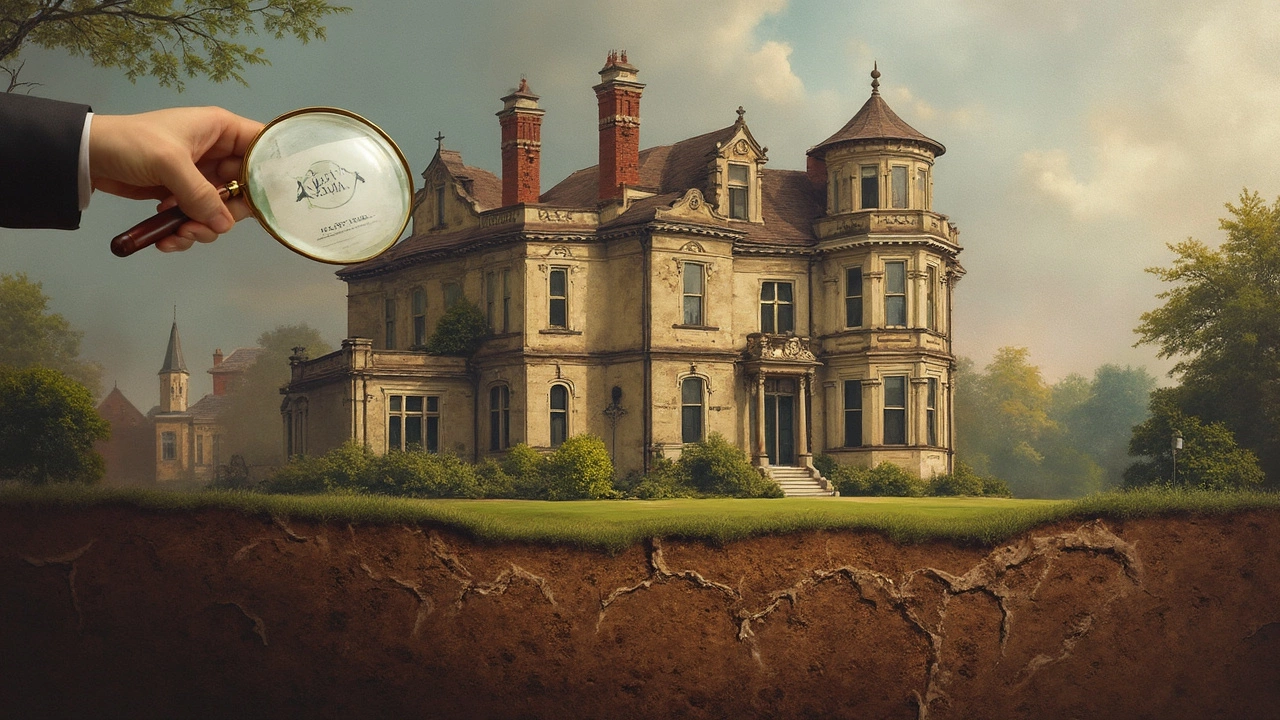House Insurance: What Every UK Homeowner Needs to Know
Buying a house is a big step, but the real protection starts with the right insurance. House insurance isn’t just a formality – it’s the safety net that keeps your home, your stuff, and your peace of mind intact when the unexpected hits.
Why You Really Need House Insurance
First off, most mortgage lenders will demand a policy before they hand over the loan. That’s because they want to make sure the building is covered against fire, floods, or structural damage. Even if you own your home outright, a solid policy protects your biggest investment from costly repairs.
Beyond the lender’s requirement, house insurance shields you from out‑of‑pocket expenses after a disaster. Imagine a burst pipe ruining your kitchen floor – without cover, you’d foot the bill for repairs, replacement items, and possibly even temporary accommodation.
Key Types of Cover to Look For
Buildings cover pays for the structure itself – walls, roof, windows, and any permanent fittings. Make sure the sum insured matches the rebuild cost, not the market value, otherwise you could be under‑insured.
Contents cover protects your furniture, appliances, electronics, and personal items. Take inventory, note the value of each item, and add up a realistic total. Some policies also include accidental damage, which can be handy for clumsy moments.
Accidental damage isn’t always automatic, but it’s worth adding if you have kids or pets. It covers things like a broken window or a dented door that aren’t caused by a covered peril like fire.
Legal expenses help you with the cost of legal advice if a neighbour’s tree falls on your roof or you need to enforce a contract with a builder.
When you shop around, compare these core elements and note any exclusions – for example, some policies won’t cover flood damage unless you buy a separate add‑on.
Here’s a quick checklist to use while you’re comparing quotes:
- Sum insured for buildings matches current rebuild cost.
- Contents cover includes all your valued items.
- Accidental damage is either included or available as an add‑on.
- Policy covers common UK risks: fire, storms, theft, and water damage.
- Deductible (excess) is affordable for you.
Choosing the right deductible can lower your premium, but make sure it’s an amount you can comfortably pay if a claim happens.
Finally, read the policy’s “terms and conditions” section. Look for clauses about “replacement cost” versus “actual cash value.” Replacement cost means the insurer pays to buy a new item, while actual cash value deducts depreciation – the latter can leave you with less money than you need.
In short, a good house insurance policy gives you confidence that you won’t be left scrambling after a mishap. Take the time to assess your home’s value, list your belongings, and match those numbers to a suitable sum insured. Talk to a few insurers, ask about discounts for security systems or no‑claims bonuses, and pick the plan that balances coverage with price.
Remember, the cheapest policy isn’t always the best. It’s about getting the right protection at a fair cost so you can enjoy your home without worrying about the “what‑ifs.”

